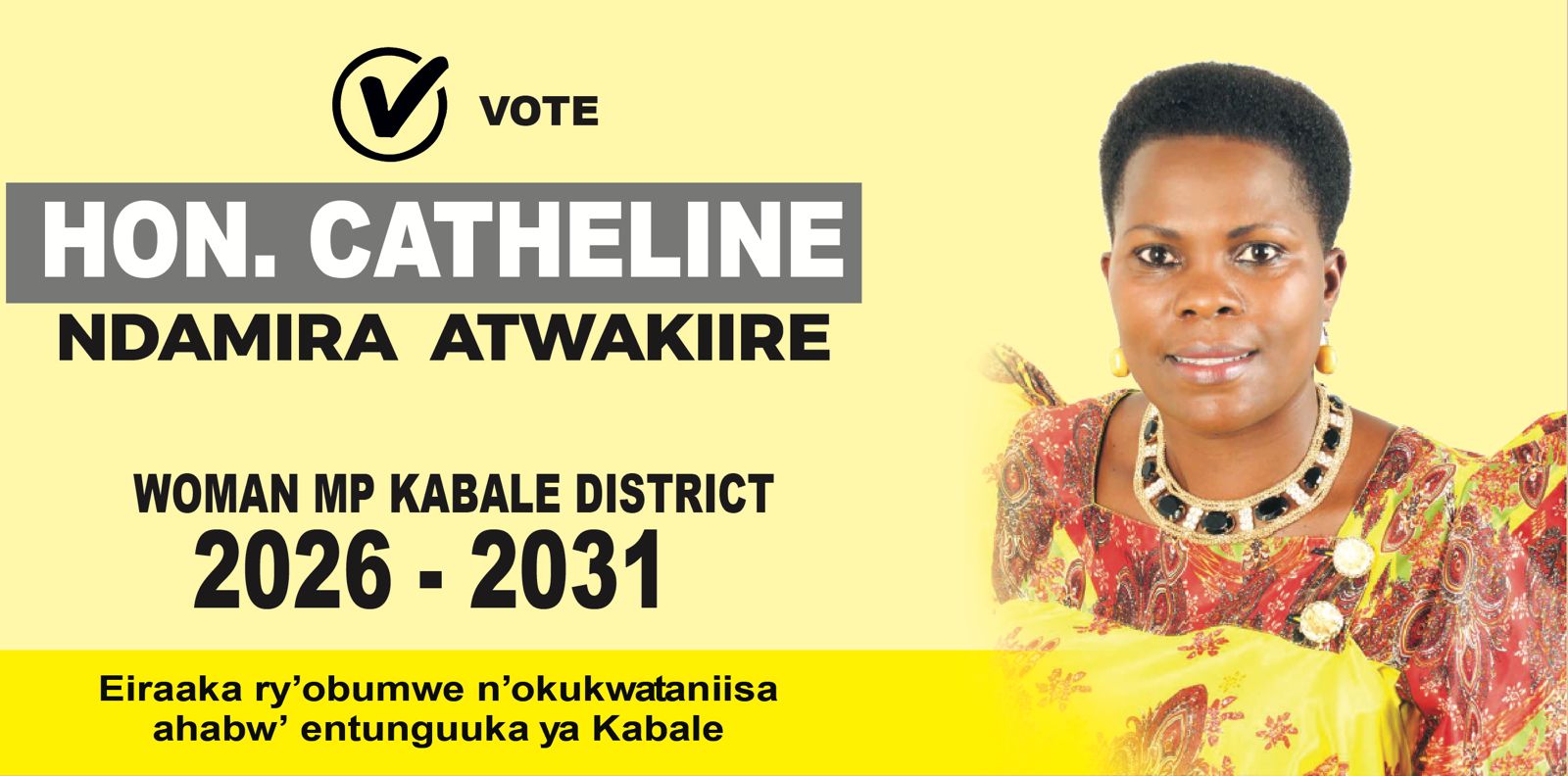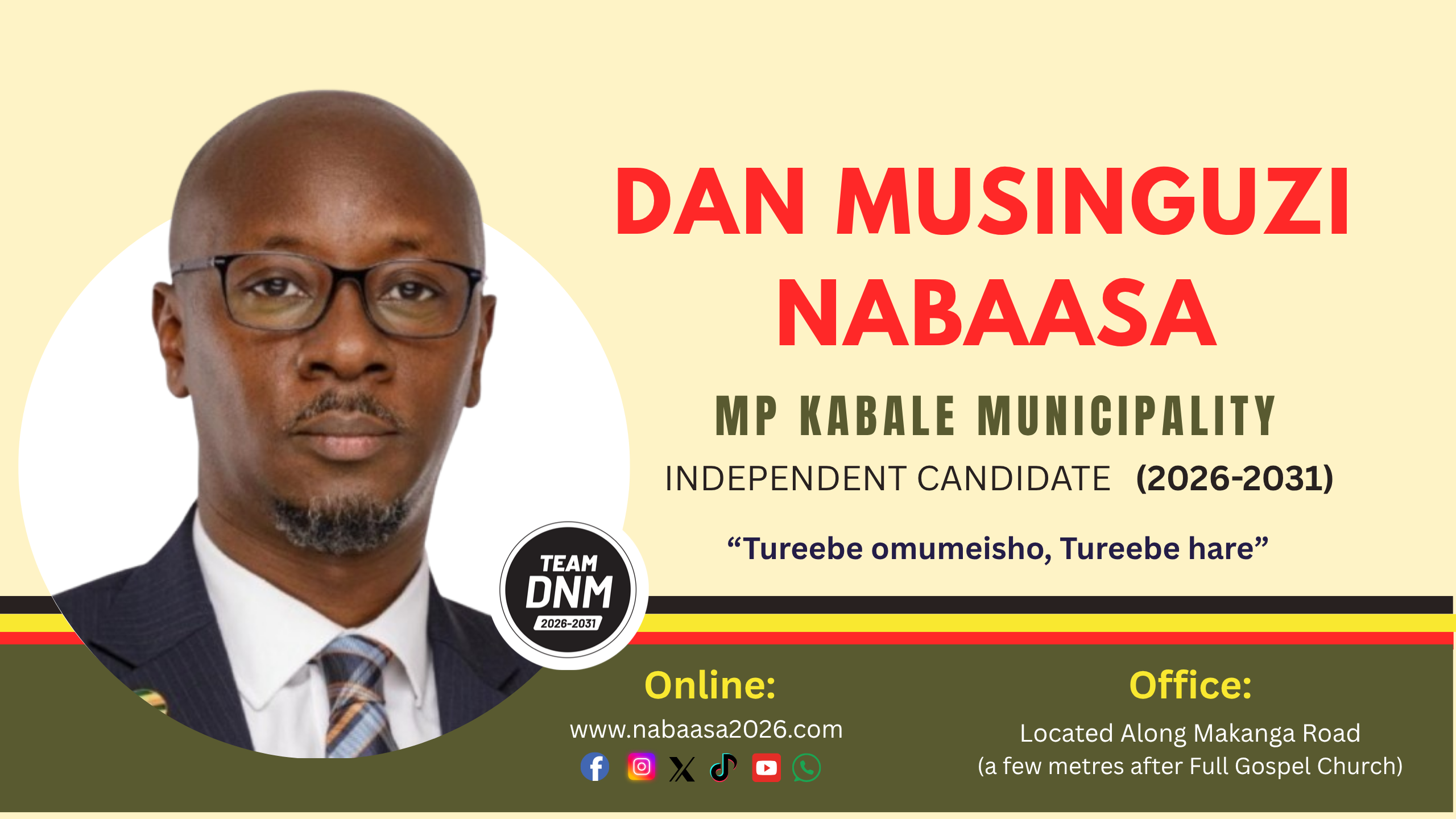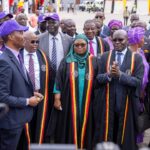
Summary:
- BRICS, initially established in 2009 by Brazil, Russia, India, and China (BRIC), aimed to promote economic collaboration among emerging markets.
- Minister Oryem explained that Uganda’s move to join BRICS was driven by the increasing imposition of sanctions without UN authorization.
KAMPALA: The Minister of State for Foreign Affairs, Henry Okello Oryem, has defended Uganda’s decision to pursue membership in BRICS, citing global power dynamics where the United States and European Union (EU) impose unilateral sanctions, often without United Nations (UN) resolutions.
According to Oryem, such actions undermine international norms while expecting global compliance, prompting Uganda to align with BRICS as part of its strategic response.
“The US and EU impose sanctions and expect other nations to comply. Failure to do so invites penalties or additional sanctions. Recently, they have begun freezing countries’ assets in their territories without UN resolutions, breaching international law. Uganda cannot ignore these developments and must position itself within the evolving global order,” Oryem said.
Oryem made these remarks on January 13, 2025, while addressing Parliament’s Foreign Affairs Committee during the presentation of the 2025/26 Budget Framework Paper. His comments were in response to Kyadondo East MP Muwada Nkunyingi, who sought clarity on Uganda’s BRICS membership and its financial implications.
“It has been widely reported that Uganda recently joined BRICS. We need to understand the process behind this decision, the financial implications, and how Uganda chooses its international memberships, especially since such affiliations often involve subscription fees,” Muwada inquired.
The Context of BRICS:
BRICS, initially established in 2009 by Brazil, Russia, India, and China (BRIC), aimed to promote economic collaboration among emerging markets.
South Africa joined in 2010, expanding the bloc to BRICS. Currently comprising ten members—Brazil, Russia, India, China, South Africa, Egypt, Ethiopia, Indonesia, Iran, and the UAE—the bloc positions itself as an alternative to Western-dominated alliances like the G7, championing principles of non-interference, equality, and mutual benefit.
Minister Oryem explained that Uganda’s move to join BRICS was driven by the increasing imposition of sanctions without UN authorization.
He emphasized that Uganda, under international law, is only bound to comply with UN sanctions.
However, recent trends have seen unilateral sanctions enforced by Western powers, prompting the country to diversify its international partnerships.
“There are no financial obligations tied to our BRICS membership. This decision was discussed and approved by Cabinet, and the President directed the Ministry of Finance, through the Ministry of Foreign Affairs, to formally express Uganda’s intent to join. To my knowledge, parliamentary approval was not required, as Uganda has previously joined other international organizations without such procedures,” Oryem clarified.
Muwada, however, contested this approach, stressing the need for parliamentary oversight.
“While Uganda’s participation in international organizations is essential, such decisions must involve clear processes. Parliament should be informed or consulted, particularly when it involves strategic international alignments like BRICS,” he argued.
Western critics have labeled BRICS as a loosely aligned bloc with anti-Western undertones. The alliance has developed parallel financial mechanisms such as the New Development Bank, the BRICS Contingent Reserve Arrangement, and BRICS Pay, sparking concerns about its motives.
In addition to addressing BRICS membership, Oryem defended the Bank of Uganda’s (BoU) recent policy to purchase gold locally. He described this move as a safeguard against potential Western sanctions.
“We are formulating a policy to enable the BoU to procure gold reserves domestically, reducing reliance on foreign reserves. With approximately $4 billion in foreign reserves, Uganda risks economic instability if sanctions are imposed, freezing these assets,” Oryem explained.
This follows the BoU’s December 2024 introduction of guidelines for purchasing gold locally to ensure transparency.
According to the 2023 BoU annual report, Uganda’s foreign reserves had slightly declined from $4.08 billion in 2022 to $4.07 billion in 2023, covering 4.15 months of imports.
By building gold reserves, the central bank aims to reduce Uganda’s trade deficit, enhance economic resilience, and minimize dependence on foreign assets.
The Source Reports.
We come to you.
Want to send us a story or have an opinion to share? Send an email to [email protected] or WhatsApp on +256742996036.























